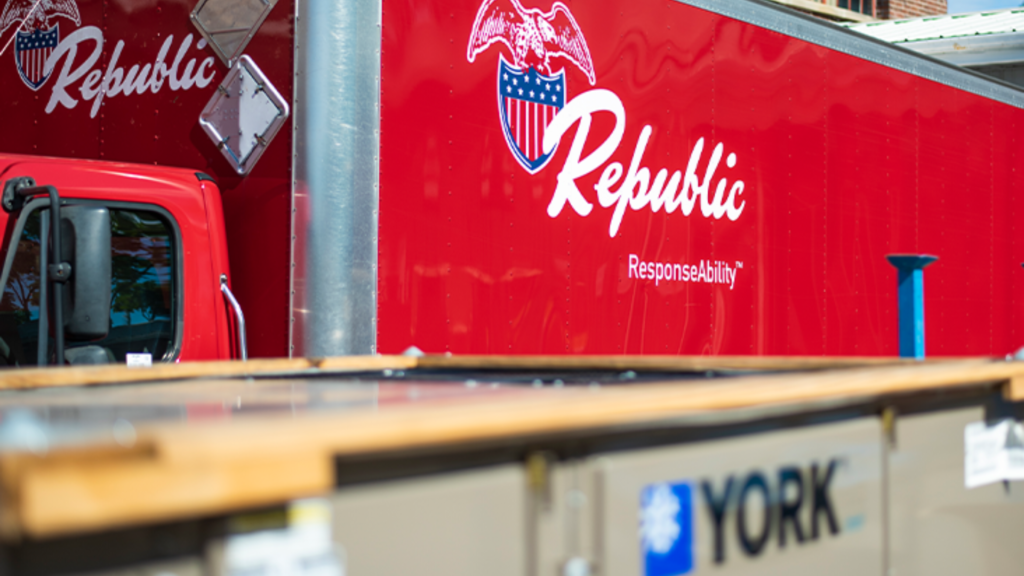Job boards are broken
A conversation, in partnership with Work With Your Handz, about Covid's impact on the labor market, the declining ROI of job boards, and more

Image: Work With Your Handz
This Q&A was written in partnership with Work With Your Handz.
Hi, Darien. You guys at Work With Your Handz deal with job boards a lot. Educate me: What’s going on?
Right now, all of our clients are finding it difficult to find qualified candidates through traditional job boards.
A couple of years ago — pre- and during the pandemic — you could put a job on Indeed, Monster, or Zip Recruiter, and get qualified candidates. The ROI was usually good. But since the pandemic, the ROI has been horrible. It was a big shift, and that shift was in the candidates’ behavior.
What do you mean by that?
Many skilled, qualified technicians — especially those with experience — are no longer actively searching for jobs. (I would define “qualified” based on our clients’ definitions: People with about five to ten years of experience.)
Why are they not searching for jobs?
During the pandemic, most contractors were blowing it out of the water, and that enabled pay to be a lot higher. The economy created an environment where people could actively search for jobs — and there wasn’t a desperate need to stay.
But now, we’re seeing candidates — even if they aren’t happy — staying because the economy is forcing them to. They can’t even go a week without being out of work.
Besides candidates themselves, is there anything else negatively impacting job boards’ ROI?
The cost, which has gone up. There are still qualified candidates on job boards, but our data shows that about one out of every ten candidates who apply for a job is actually “quality” compared to three or four out of ten a couple of years ago. So the cost versus quality doesn’t match up.
I’d also say that not only are job boards becoming less effective at reaching quality candidates, but they also contribute to what we’re describing as “noise in the market.” Especially during busy season, technicians are bombarded with a bunch of generic, automated messages, which makes it harder for contractors to stand out.
How should contractors be thinking about recruitment, given all of that?
Right now, we’re seeing that the best recruiting models are omni-channel. So you still need to be on job boards. We’ve seen companies invest across social media — Instagram, TikTok, LinkedIn — to identify their “profitable cost per hire,” and then base their spending on other channels, including Indeed, on that.
How are you guys approaching things right now?
We’ve shifted from sourcing and screening candidates who apply to headhunting technicians like they’re CEOs. Let’s say we have a client in Northern Virginia. We’re going to identify local competitors and then use some technology to source the people who work at those companies. So, if we know you have 10 to 15 competitors in your area, we’re using our people to find information on those journeymen, and then reaching out to them directly. And that reach-out is just relationship building.
Relationship building has been the key. Our recruiters are getting on the phone with people who are already employed. They’re qualified, but they might not be happy. The culture might not be good, their pay may not be where it needs to be, or they may not like their manager. So we rely on our recruiters to reach out, get a hold of them, and build that relationship.
📬 Get our stories in your inbox
Keep reading
Merger forms major Midwest HVAC distributor
Two distributors last week announced a merger, forming the Midwest's largest independent wholesaler of Johnson Controls equipment
From dental school to the trades with NuBlue’s Pierce Lollis
Notes on career pivots and the trades
HVAC Deals: June 2024
Recent investment activity from around the industry


